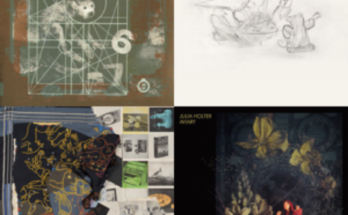In the same spirit as Bob Dylan, Bruce Springsteen holds a place in American culture that transcends time. If one was given the task to determine the poet laureate of American pop music, “The Boss” may very well be the first choice, if not in the top five. In the tradition of his previous albums, Springsteen’s new album, Magic, is full of places we’ve been and people we’ve met before, and Bruce Springsteen tells their stories with such remarkable detail and enthusiasm that we are drawn into his mythology. His lyrics are backed by the full, robust choruses of the 9-member E Street Band, which always manages to bring the decibel level up a few notches.
In 2007, though, Bruce Springsteen is worried about the fates of his characters and laments the political atmosphere in many of his songs. In “Last to Die,” he describes the apathy many have toward war and asks, “Who’ll be the last to die for a mistake?” But unlike The Rising, his 2002 post-9/11 concept album, these pleas against war are only asides from the rest of the upbeat tracks on the album.
Despite a slow start with songs like “Radio Nowhere,” which bears an uncanny resemblance to “867-5309/Jenny” by Tommy Tutone, and the slow-paced “Your Own Worst Enemy,” Magic finally hits a stride and rediscovers the energy of the Boss’s old classics in songs like “Livin’ in the Future” and “Girls in Their Summer Clothes.”
Champaign's Alternative



